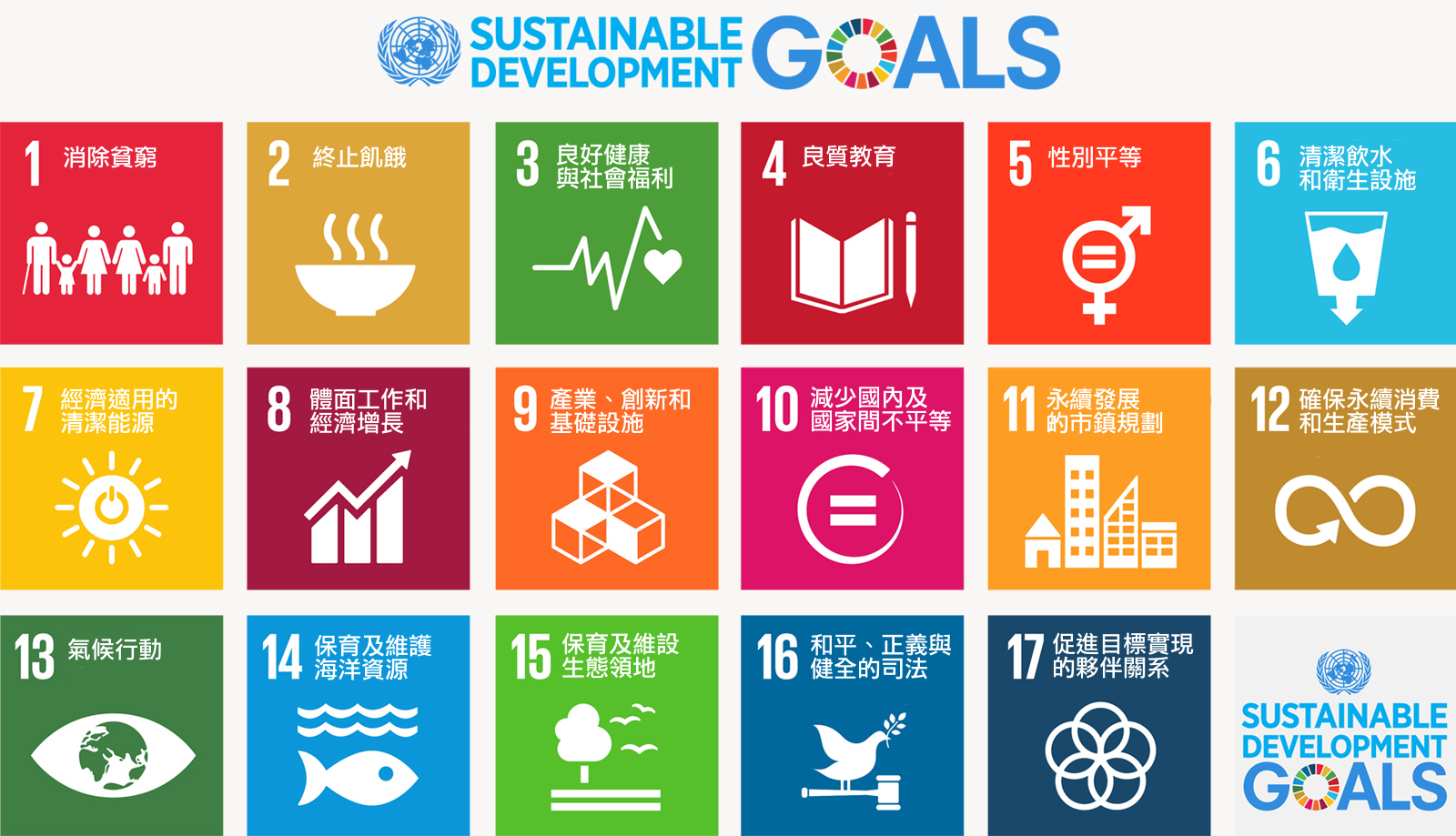UN enterprise member
The United Nations Global Compact
The United Nations Global Compact (UNGC) is a set of 10 general principles for corporate operating strategies and policies, including human rights, labor, environmental protection and anti-corruption. Fuzhongshengyi became a signatory member of the United Nations Global Compact in January 2020.
Ten principles of the Global Compact
The sustainable development of a company begins with the company’s value system and the principles of doing business. This means fulfilling at least basic responsibilities in the areas of human rights, labor standards, the environment and anti-corruption. Responsible companies adhere to the same values and principles wherever they do business, and understand that good practice in one region does not offset the harm caused in another. By incorporating the ten principles of the United Nations Global Compact into corporate strategies, policies and procedures, and building a culture of integrity, companies must not only maintain their basic responsibility to people and the planet, but also lay the foundation for their own long-term success. The ten principles of the United Nations Global Compact come from the Universal Declaration of Human Rights, the International Labour Organization’s Declaration on Fundamental Principles and Rights at Work, the Rio Declaration on Environment and Development, and the United Nations Convention against Corruption.
in principle
Human rights
1: Businesses should support and respect internationally recognized human rights;
2: Businesses should ensure that no human rights violations are involved.
labor
3: Businesses should support the freedom of labor assembly and association, and recognize the right to collective bargaining
4: Eliminate all forms of forced labor;
5: Abolition of child labor
6: Eliminate discrimination in employment and occupation.
surroundings
7: Businesses should support the use of preventive measures to address environmental challenges;
8: Take proactive actions to promote and strengthen corporate environmental responsibility;
9: Encourage the development and promotion of environmentally friendly technologies.
Anti-corruption
10: Businesses should work against corruption in all its forms, including extortion and bribery.
Ten principles of the Global Compact
The sustainable development of a company begins with the company’s value system and the principles of doing business. This means fulfilling at least basic responsibilities in the areas of human rights, labor standards, the environment and anti-corruption. Responsible companies adhere to the same values and principles wherever they do business, and understand that good practice in one region does not offset the harm caused in another. By incorporating the ten principles of the United Nations Global Compact into corporate strategies, policies and procedures, and building a culture of integrity, companies must not only maintain their basic responsibility to people and the planet, but also lay the foundation for their own long-term success. The ten principles of the United Nations Global Compact come from the Universal Declaration of Human Rights, the International Labour Organization’s Declaration on Fundamental Principles and Rights at Work, the Rio Declaration on Environment and Development, and the United Nations Convention against Corruption.
in principle
Human rights
1: Businesses should support and respect internationally recognized human rights;
2: Businesses should ensure that no human rights violations are involved.
labor
3: Businesses should support the freedom of labor assembly and association, and recognize the right to collective bargaining
4: Eliminate all forms of forced labor;
5: Abolition of child labor
6: Eliminate discrimination in employment and occupation.
surroundings
7: Businesses should support the use of preventive measures to address environmental challenges;
8: Take proactive actions to promote and strengthen corporate environmental responsibility;
9: Encourage the development and promotion of environmentally friendly technologies.
Anti-corruption
10: Businesses should work against corruption in all its forms, including extortion and bribery.








 繁體中文
繁體中文